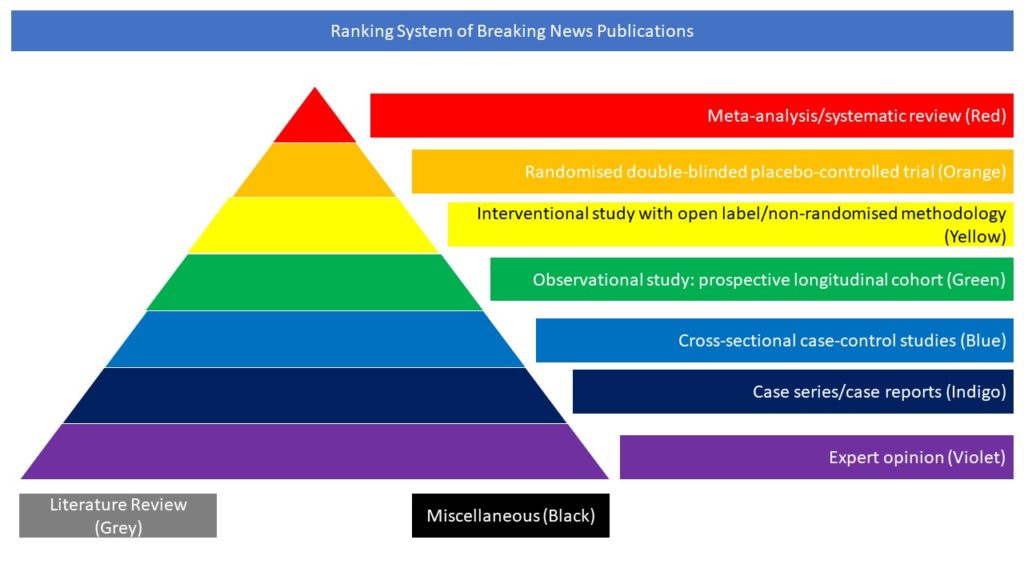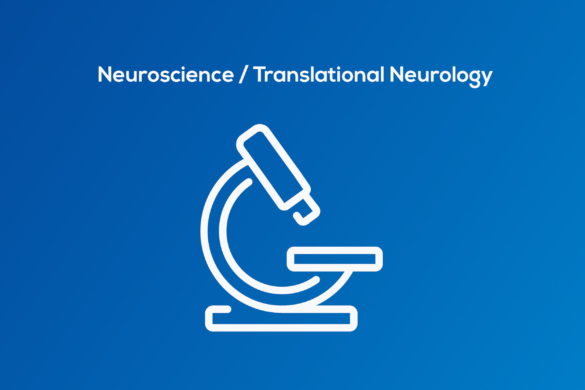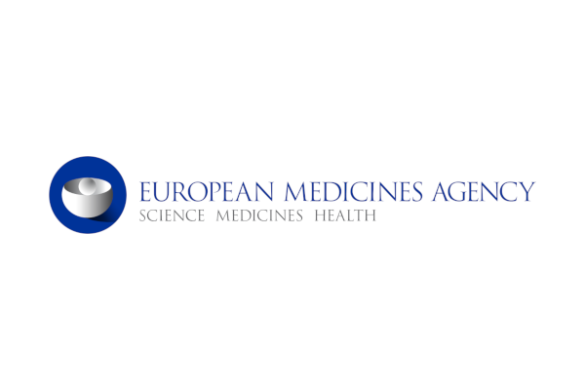Cross-sectional case-control studies (Blue)
The objective of this population based cohort study was to assess rates of cardiovascular and haemostatic events in the first 28 days after vaccination with the Oxford-AstraZeneca vaccine ChAdOx1-S in Denmark and Norway and to compare them with rates observed in the general populations. All people aged 18-65 years who received a first vaccination with ChAdOx1-S from 9 February 2021 to 11 March 2021 were included. The general populations of Denmark (2016-18) and Norway (2018-19) served as comparator cohorts. The main outcome measures were the observed 28 day rates of hospital contacts for incident arterial events, venous thromboembolism, thrombocytopenia/coagulation disorders, and bleeding among vaccinated people compared with expected rates, based on national age and sex specific background rates from the general populations of the two countries. The vaccinated cohorts comprised 148 792 people in Denmark (median age 45 years, 80% women) and 132 472 in Norway (median age 44 years, 78% women), who received their first dose of ChAdOx1-S. Among 281 264 people who received ChAdOx1-S, the standardised morbidity ratio for arterial events was 0.97 (95% confidence interval 0.77 to 1.20). 59 venous thromboembolic events were observed in the vaccinated cohort compared with 30 expected based on the incidence rates in the general population, corresponding to a standardised morbidity ratio of 1.97 (1.50 to 2.54) and 11 (5.6 to 17.0) excess events per 100 000 vaccinations. A higher than expected rate of cerebral venous thrombosis was observed: standardised morbidity ratio 20.25 (8.14 to 41.73); an excess of 2.5 (0.9 to 5.2) events per 100 000 vaccinations. The standardised morbidity ratio for any thrombocytopenia/coagulation disorders was 1.52 (0.97 to 2.25) and for any bleeding was 1.23 (0.97 to 1.55). 15 deaths were observed in the vaccine cohort compared with 44 expected. The authors concluded that among recipients of ChAdOx1-S, increased rates of venous thromboembolic events, including cerebral venous thrombosis, were observed. For the remaining safety outcomes, results were largely reassuring, with slightly higher rates of thrombocytopenia/coagulation disorders and bleeding, which could be influenced by increased surveillance of vaccine recipients. The absolute risks of venous thromboembolic events were, however, small, and the findings should be interpreted in the light of the proven beneficial effects of the vaccine, the context of the given country, and the limitations to the generalisability of the study findings.
Pottegård A, Lund L C, Karlstad Ø, Dahl J, Andersen M, Hallas J et al. Arterial events, venous thromboembolism, thrombocytopenia, and bleeding after vaccination with Oxford-AstraZeneca ChAdOx1-S in Denmark and Norway: population based cohort study BMJ 2021; 373 :n1114 doi:10.1136/bmj.n1114













